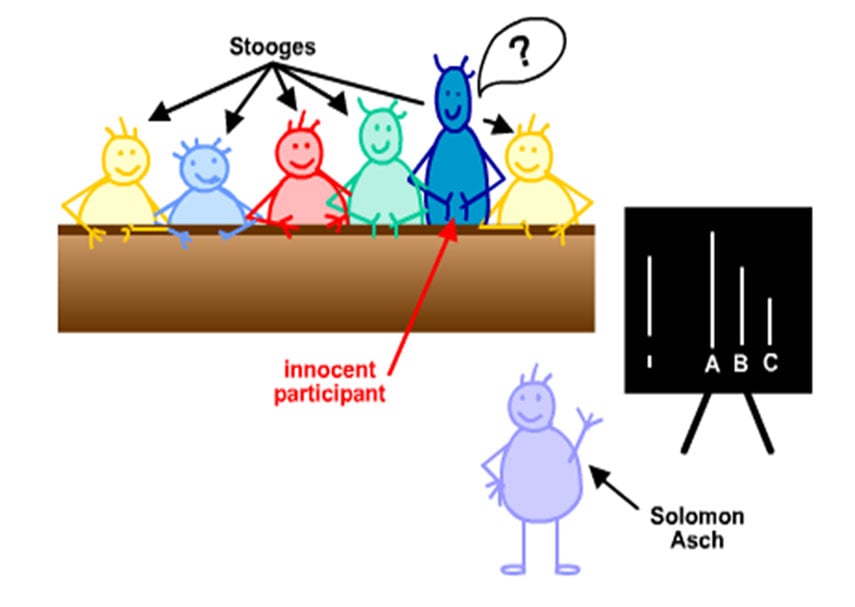Milgram Shock Experiment | Summary | Results | Ethics
The Milgram Shock Experiment, conducted by Stanley Milgram in the 1960s, tested obedience to authority. Participants were instructed to administer increasingly severe electric shocks to another person, who was actually an actor, as they answered questions incorrectly. Despite hearing the actor’s screams, most participants continued administering shocks, demonstrating the powerful influence of authority figures on behavior.| Simply Psychology



